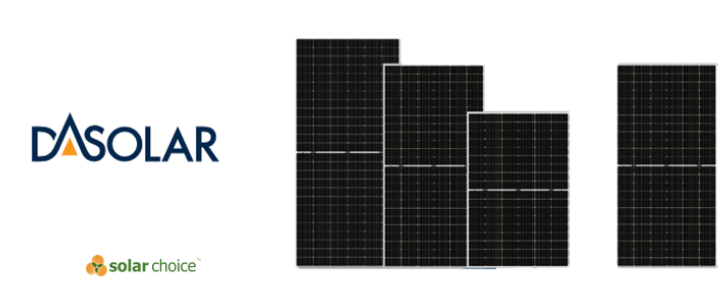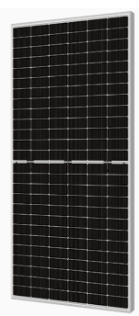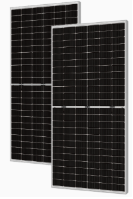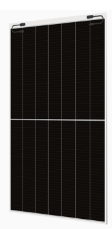Overview of DAS – Company History
Key Indicators
What is a Bloomberg Tier 1 Solar Panel?
What is PV Evolution Labs Top Performer?
Why is office location in Australia important?
Compare quotes from up to 7 installers in your area now.
DAS Solar Panel Technologies
N type Series
P type Series
Lightweight panels
DAS’s Warranty for Australian Customers
Pros and cons of DAS solar panels
Pros:
- N-type series solar panels offer competitive performance characteristics
- DAS Solar offer one of the few lightweight solar panel solutions on the market
Cons:
- Relatively short solar history compared to other major solar panel brands
- No Australian office to support customers
- Limited availability of case studies showcasing the utilization of their panels in larger projects in Australia
So, Should I Buy DAS Panels?
Compare quotes from up to 7 installers in your area now.
Example of a DAS Project
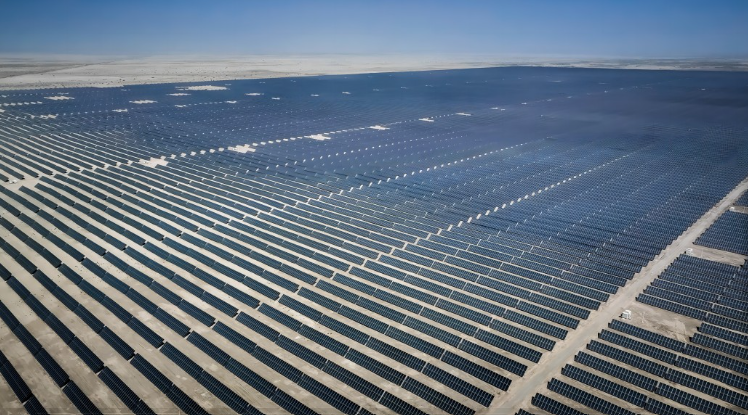
Latest posts by Ryan Xiao (see all)
Reviews from Australians who have installed DAS Solar Panels
Rated 4.75 from 4 reviews
5 star
3
4 star
1
3 star
0
2 star
0
1 star
0
30th June 2024
Kevin
QLD - 4703
6kW system
4.00
The panels perform well and being all-black, they look good on the roof.
9th April 2025
Donna
-
5kW system
5.00
24th December 2024
Leonie
QLD - 4720
10kW system
5.00
12th August 2024
Bob
SA - 5043
6kW system
5.00
